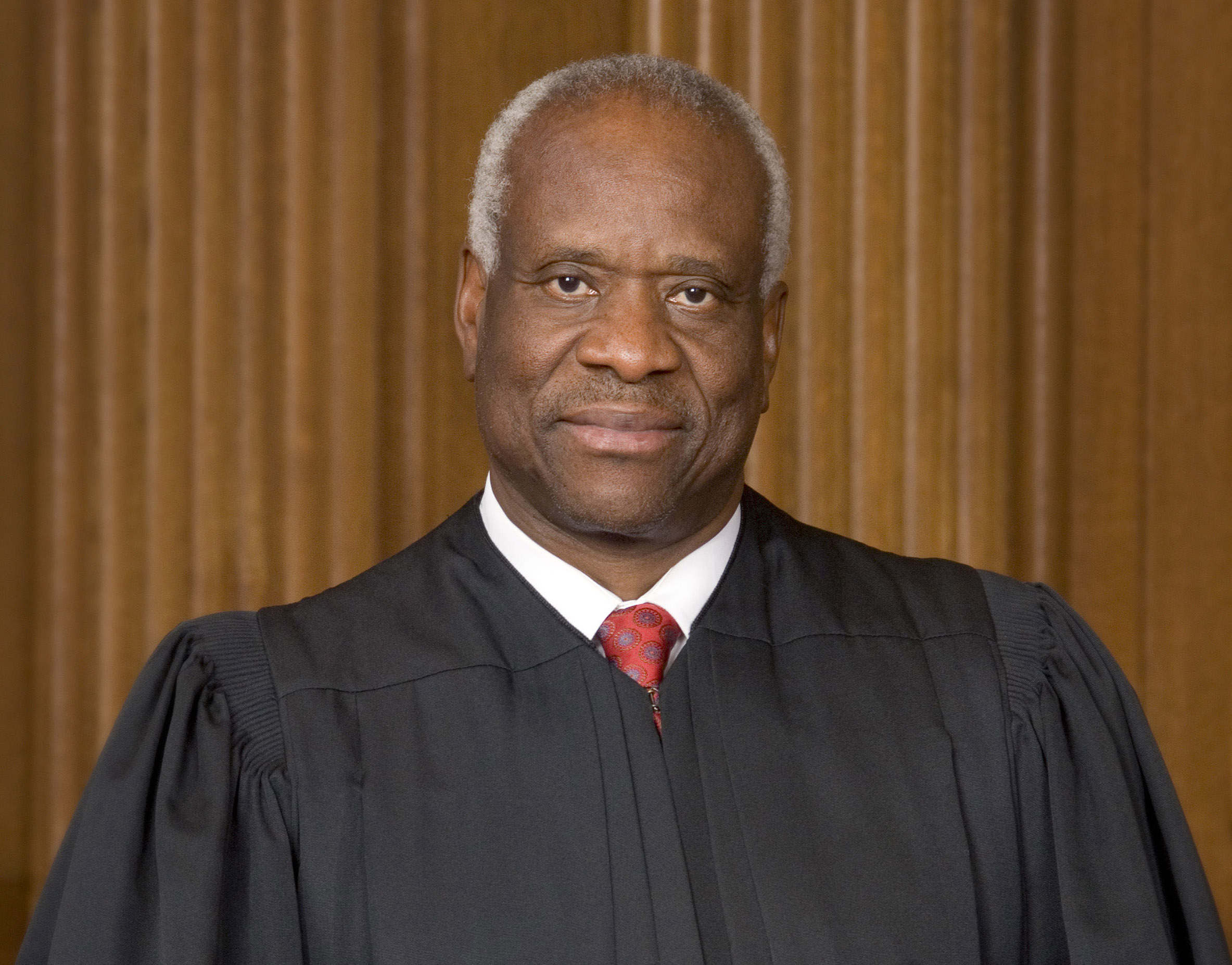Kurt Meyer writes a weekly column for the Nora Springs – Rockford Register and the Substack newsletter Showing Up, where this essay first appeared. He serves as chair of the executive committee (the equivalent of board chair) of Americans for Democratic Action, America’s most experienced liberal organization.
Sometimes it’s called a code of ethics, sometimes a code of conduct. In my experience, any such code is necessary, primarily when someone is acting in a way that either is, or might be perceived, as being contrary to basic ethical norms. Yes, public perception matters. If your entity has never had need for such a code, you’re lucky; you may want to put some “guardrails” in place before you’ll wish you had.
“Basic ethical norms” is a vague reference, with often difficult-to-agree-upon specifics. In most local governance situations—such as the nonprofit boards I’m most familiar with—such codes are dangerously rare. Occasionally, guidance comes from a national office, if one exists. For example, the American Bar Association (Model Rules of Professional Conduct) addresses attorneys and the American Medical Association (Code of Medical Ethics) does the same for physicians.
Perhaps one or two of the dozens of organizations where I’ve been a board member in recent decades required what was largely a financial / relationship disclosure form, stating that neither I nor any family members benefited financially from my board service. The latest version I could access electronically was a “Board Member Conflicts of Interest Disclosure Statement,” asking about financial dealings I may have had with the organization (none). [Note: this form was distributed from “two rungs higher on the corporate ladder” than the local board, with great eagerness to secure the essential signatures.]
In almost all cases, a code of ethics requires vigilance and diligence by all participants to abide by high standards. But of course there are huge interpretive gaps in terms like “code of conduct” and “high standards,” gaps sufficiently ample to maneuver a massive $267,000 recreational vehicle through.
Which brings us to the U.S. Supreme Court where, in recent months, two justices have had questionable ethical dealings, and specifically, to the office of Justice Clarence Thomas, the focus of subsequent paragraphs. Justice Thomas has repeatedly shown serious lapses of judgment, ethical and otherwise, which severely limit his effectiveness and diminish public support for the Court.
Within the last week, reports have surfaced of three additional private flights, previously undisclosed, gifts from a billionaire between 2017 and 2021. In Thomas’s case, it’s not just the drip, drip, drip of additional revelations. It’s the flood, flood, flood of highly questionable decision-making, including a twenty-year pattern of failure to disclose significant gifts in a timely manner.
Thomas has received more gifts than any other Supreme Court justice in history, almost ten times the value of all gifts received by his justice colleagues since 1981, exceeding $5.87 million, including almost $4.2 million in the last 20 years. That total does not include the three trips most recently revealed. Thomas’s basic defense, “Gee, was I supposed to have done something?” is a textbook case of willful ignorance.
There’s now a “Code of Conduct for Justices,” which the U.S. Supreme Court established in November 2023. However, that code does not provide a mechanism to determine if violations have happened, nor does it outline violation consequences. Without enforcement, the code is virtually worthless.
Realizing there’s minimal chance Justice Thomas will be impeached, I recommend our heretofore passive Chief Justice John Roberts and a coterie of Thomas’s Supreme Court colleagues launch the equivalent of an intervention, artfully urging Justice Thomas to retire. Three or four justices—not including Justice Samuel Alito, for obvious reasons—should tell Justice Thomas about major damage he’s done to the court and its reputation.
Simply stated, the “stench from the bench” will not dissipate while Thomas wears court robes. Our highest court can’t continually display the lowest standards. So, resign Justice Thomas, or your colleagues will go public with your intransigence and their fervent objections to your remaining on the Court.
If this all sounds a bit dire, it is. Bear in mind, Thomas has violated even minimal ethical standards. Colleagues that merely stand by in hopes that this foul odor passes delude themselves. It’s high time for action. Oh, and I wonder if in his retirement, billionaires will continue to lavish funds and exotic vacations on their buddy, Citizen Clarence Thomas. For the record, I’m doubtful.


1 Comment
Equity
This piece can be dedicated to all the leaders who push minority candidates up the ranks, barely looking at their achievements upon the pretense of creating a more equitable world. The former President of Harvard, plagiarist Claudine Gay, comes to mind.
Karl M Sun 23 Jun 7:40 AM